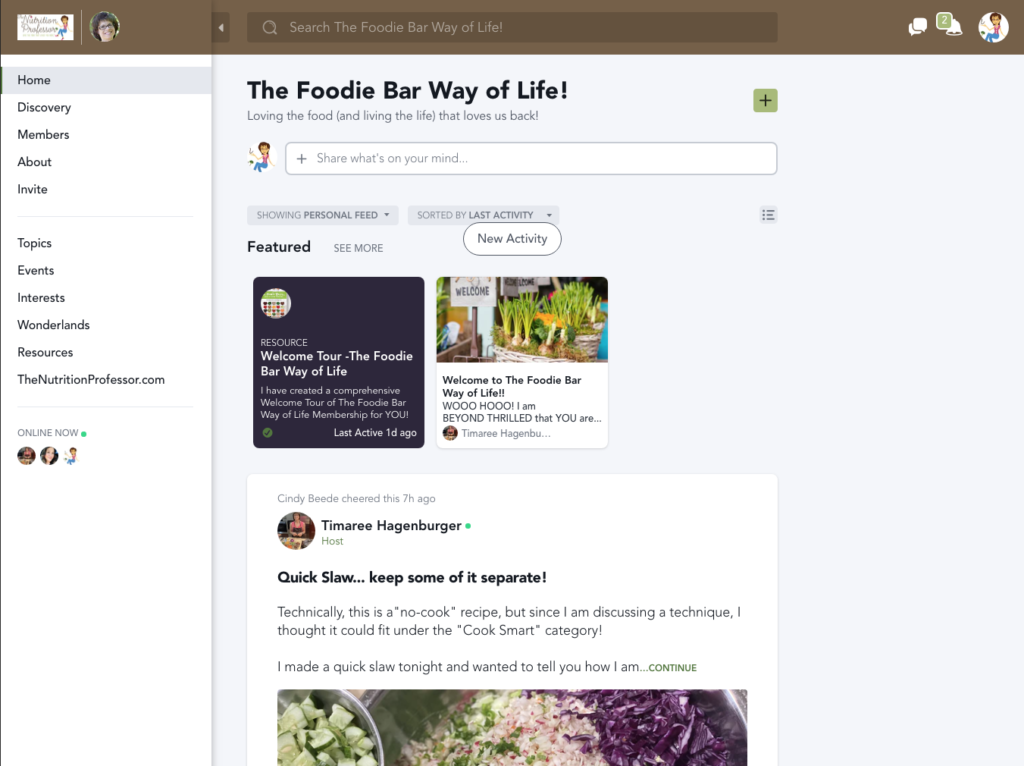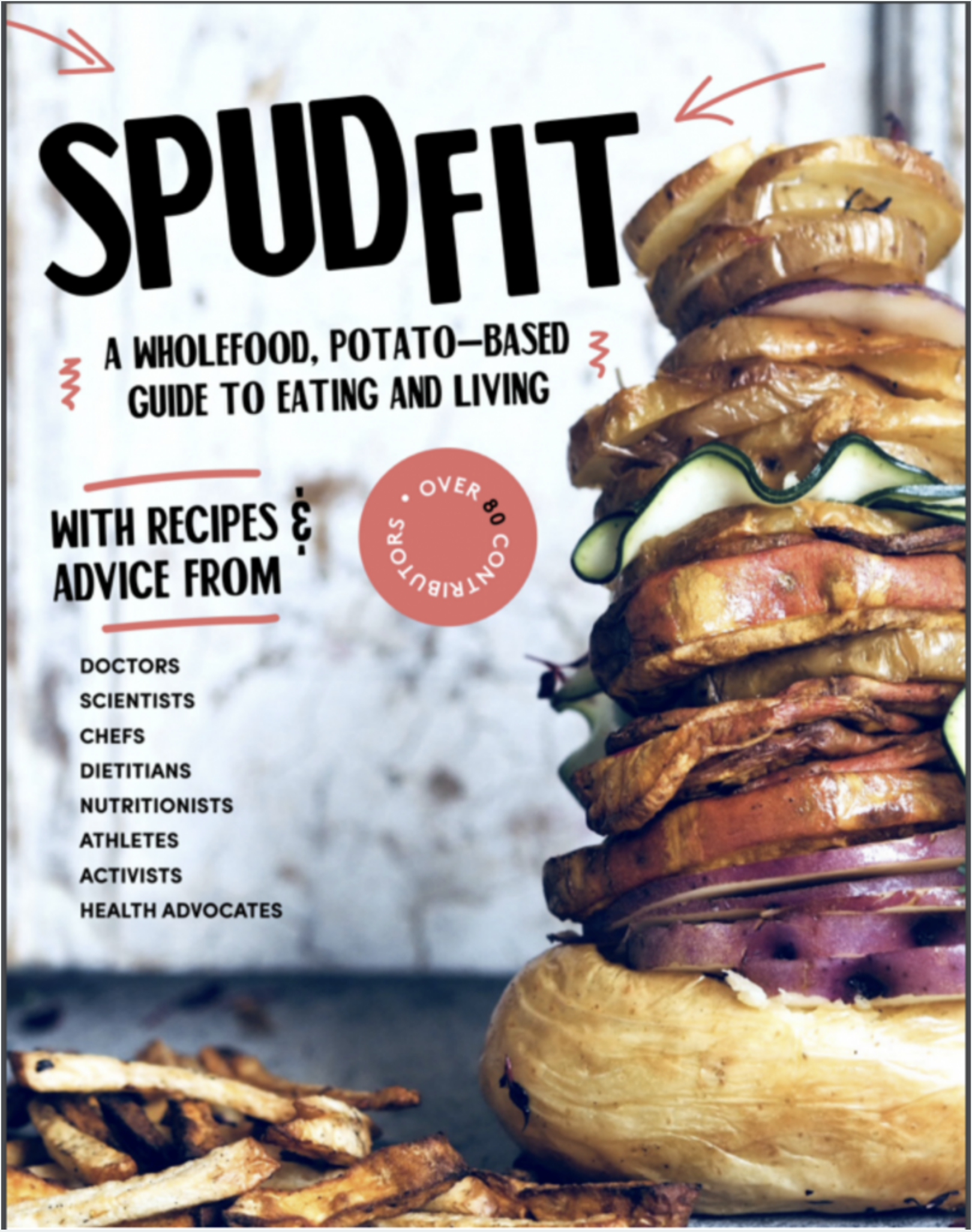One minute you are flying out the door in the morning and the next, it is already 3:30pm and you realize that you haven’t had anything to drink since your morning coffee/tea? Our lives get so busy that unless you deliberately plan to stay hydrated, this healthy habit can “dry up quickly!” So why is water so important? Water helps us get nutrients out of the food we eat and to the cells that need them (along with oxygen), get rid of toxic substances and other waste products (healthier/happier organs!), regulate our body temperature and support our immune system. It is important for younger looking, healthier skin, helps with weight loss and can reduce your risk of developing kidney stones! Since your brain is ~80% water, if you have enough water, you may think clearer, remember more, have fewer headaches and be more productive all-around! Hydrated muscles are less likely to cramp or sustain a sprain. Fiber and water go hand in hand to help everyone (of all ages) stay regular! Optimal temperature regulation means you will feel better and be able to do more exercise, which will get those endorphins flowing (and make you happier about being you!). Water can dilute potential carcinogens that may be in contact with your bladder and/or large intestine, which has been shown in some studies to reduce risk of bladder and colon cancer.
If you are often tired, get frequent headaches or migraines, feel dizzy, (especially when you stand up too quickly), or get constipated, you could be suffering from dehydration! Since dehydration can be life-threatening, it is very important to get medical care immediately if severe signs and symptoms develop (extreme thirst, lack of urination &/or sweating, dizziness and confusion, rapid heartbeat/breathing, and skin that doesn’t “bounce back” when pinched), especially in infants/children and the elderly.
When it comes to athletic performance, under hydrating leads to three negative and frustrating consequences: increased heart rate, higher perceived exertion (exercising will feel “harder” than it should, who needs that?!) and decreased endurance/performance. Bottom line, you work harder, but do worse!
Practical strategies to up your water intake:
1. Find the “right” bottle for you! This can make all of the difference!
* Wide mouth that makes it easy to fill and add ice cubes if/when needed, and easy to clean (a brush should fit in there)
* One-hand operation with a top/cover that protects the spout (Push buttons are great! How likely are you to unscrew the top if you are on a treadmill or driving?)
* Large enough spout so that water easily flows out and drops right into your mouth!
* BPA-free (Choose a bottle that is made of materials deemed safe. Stainless steel is great, but gets really hot, really quickly!)
* Strong enough to survive being dropped every now and then.
2. Timing is everything!
* Identify “power-drinking opportunities” to make into habits. I always head to the car with a full bottle and consistently drink a bottle on the way to and from work. In the morning when you are getting ready? Why not begin all of your meals with a glass of water?
* Studies show water drinkers consume less calories and have more success with their weight loss efforts. A glass of water before you eat takes the “edge off” of your hunger so that you can prepare yourself mentally for the meal you are about to enjoy, eat a bit slower and stop eating when you are content (and not stuffed!)
* Don’t be sucked into a virtual time warp, with hours going by and a nearly full water bottle 6 inches away! Set reminders in your phone or on your computer at work. A little message popping up, or hearing a pleasant chime might be all that you need to keep sipping!
3. Choose your temperature!
* You may have heard that drinking cold water “burns” more kcals, but studies found it was only 3.5 kcals per glass, so it would take nearly 1000 glasses of ice-cold water to lose a pound! So, just go with your preference!
* If your teeth are sensitive and you’ll drink more water at room temperature, then don’t cool it down.
* If you’d like to sip on a mug of warm water with a squeeze of lemon before bed, go ahead! In fact, naturally occurring substances in tea and coffee (tannins) can reduce the absorption of some vitamin and minerals (like iron), so those aren’t your best options within an hour before/after meals.
4. Make your house a water-friendly environment
* Get rid of sugary drinks and make water accessible everywhere.
* Invest in an under-the-counter filter if you need to (don’t drink or cook with “softened” water, it is too high in sodium).
* Store water in a clean glass bottle/pitcher in the fridge if you like it cold and add a few slices of cucumber and lemon/lime (“spa” treatment!) instead of artificial sweeteners, as they have been linked to weight gain and a host of side effects.
* Alcohol dehydrates, so plan accordingly, as you lose 4 times the amount of fluid you took in! (Could every other drink be water?)
5. “Eat” your way to better hydration!
* Don’t forget that water from fruits and veggies count, and many are >90% water!
* A few of those superstars: cucumber, celery, radishes, lettuce, spinach, bell peppers, cabbage, zucchini, tomatoes, melons, grapefruit, and strawberries!
The holiday season is just around the corner and great water bottles make excellent gifts (as does Timaree’s book… The Foodie Bar Way!)
Timaree Hagenburger, a registered dietitian, certified exercise physiologist with a master’s degree in public health, is a nutrition professor at Cosumnes River College and sought after speaker. She is so excited about the Plant-Based Nutrition and Sustainable Agriculture certificate program that she and her colleague started there, and also conducts local events, corporate wellness work, has a regular segment on California Bountiful TV, is a frequent podcast guest, and published her innovative and practical cookbook – The Foodie Bar Way: One meal. Lots of options. Everyone’s happy. available at www.FoodieBars.com Find details about Timaree’s upcoming events (cooking demos, book signings and talks about the incredible power you yield with your fork!), and if you missed any of her newspaper columns, podcast interviews or TV appearances, you can find them here at https://www.thenutritionprofessor.com/

 Order and learn more at www.FoodieBars.com
Order and learn more at www.FoodieBars.com

 This is a first for me... Some of MY recipes are part of a rock star compilation cookbook put together by Andrew Spud Fit Taylor!! Order it today!
This is a first for me... Some of MY recipes are part of a rock star compilation cookbook put together by Andrew Spud Fit Taylor!! Order it today!